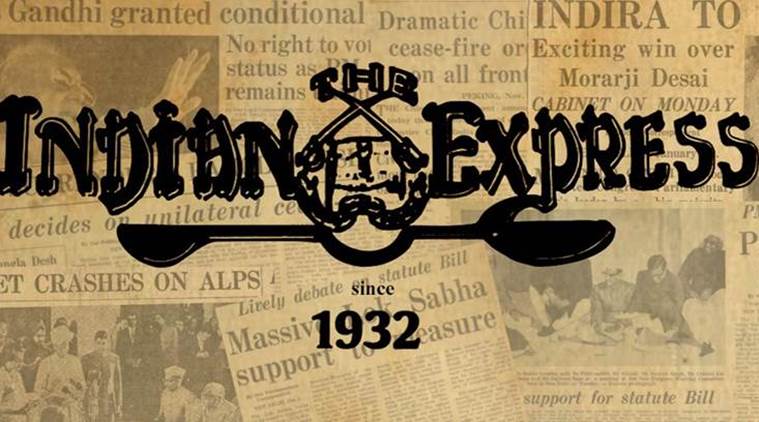Opinion Rule of impunity
Jharkhand lynching frames a state that is ceding its monopoly on violence. Chief Minister Raghubar Das is answerable

 The violence was triggered by a rumour campaign about kidnappers, a very real fear which periodically infects poor districts, the legacy of a long history of child trafficking.
The violence was triggered by a rumour campaign about kidnappers, a very real fear which periodically infects poor districts, the legacy of a long history of child trafficking.
Seven persons were lynched on the basis of motivated rumours within days of Raghubar Das launching 21 projects of Momentum Jharkhand, the 2017 campaign to attract hundreds of crores in investment to the state. Now, Das must decide whether he wants to be remembered as the head of a reformist government or as the chief minister who presided over the breakdown of the rule of law. His future depends on whether he acts decisively in this moment — some arrests have already been made but these must be followed through.
The violence was triggered by a rumour campaign about kidnappers, a very real fear which periodically infects poor districts, the legacy of a long history of child trafficking. It was amplified by messages in officialese on social media. It has been known to be an anonymous force multiplier from 2012, which saw the panic flight of migrant workers from the Northeast. The Jharkhand government should track down the messages to the originating phone numbers and penalise the owners.
But the lynchings would have been unimaginable without a perceived climate of impunity. Clearly, state deterrence was not perceived to be credible. Graphic videos taken in Shobhapur village show policemen in the mob at the scene, doing nothing to prevent the murders. Perhaps they were outnumbered, but that only points to sloth in the police and the administration. The anonymous campaign against child-lifters had been visible well before violence broke out, giving the authorities enough time to react, if only to allay fears and suspicions. While the administration did try to launch a counter-campaign, it was too little, too late. Exemplary punishment is the sovereign remedy for impunity. Justice must not only be done, it must be seen to be done.
A deficit of justice which is seen to be done has permitted the incidents of lynchings across states. Unchecked by the state, the sudden assertiveness of vigilante gau rakshak groups set the stage, tacitly assuring the people that lethal attacks would not face a commensurate response.
Now, it seems to be legitimate for citizens to unleash lethal force on other pretexts. This is a perversion of democracy, which confers upon the state an absolute monopoly on violence. Unfortunately, the state is not guarding it very zealously, with serious implications for the rule of law in Jharkhand and other states.





